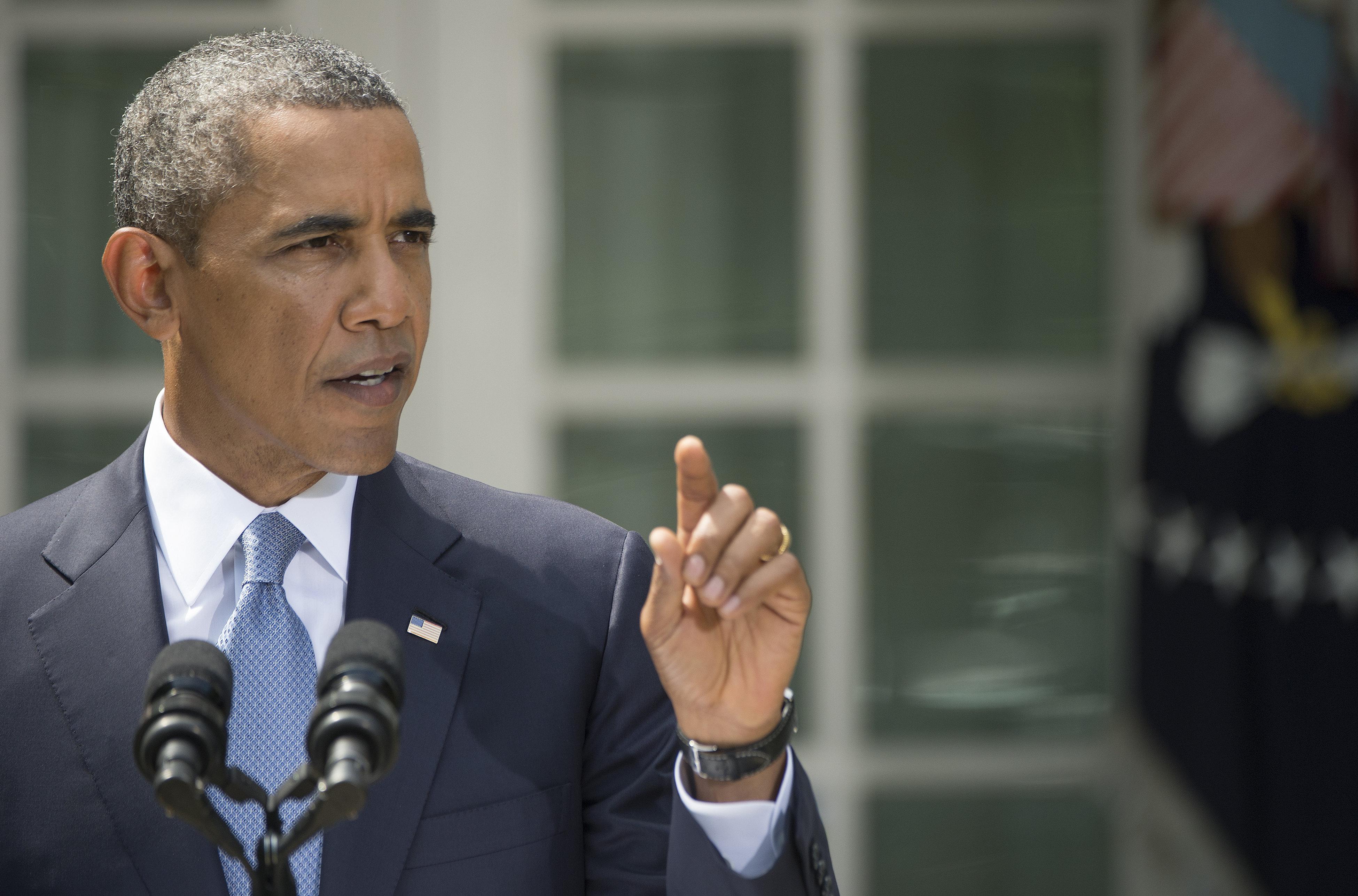Last week’s announcement that married same-sex couples will be recognized for federal tax purposes no matter where they live marks just the latest in an astonishing run of LGBT support from the Obama administration. After a miserable start on LGBT rights (does anyone remember the first brief the Justice Department filed in support of DOMA?), President Barack Obama has been a steadfast ally of the gay community. With the single huge exception of the repeal of the embarrassing “Don’t Ask, Don’t Tell” law, he’s achieved great things by working around the sclerotic Congress, not with it.
Sometimes he’s done that through the courts, notably with the Justice Department’s reversal of its early support for DOMA. (The change in position probably helped to ensure its demise before the Supreme Court in June.) Sometimes he’s done that through using the presidential bully pulpit to argue eloquently for LGBT rights, especially by completing his “evolution” from advocating for civil unions to full support for marriage equality.
But mostly, Obama has brought about real change by working through the vast federal bureaucracy that he commands. The Family and Medical Leave Act has been expansively interpreted to allow the same-sex partners of legal parents to take care of the couples’ sick children. Hospitals receiving federal funding (all of them, basically) must honor patients’ wishes—not local, gay-disqualifying laws—as to whom they want as visitors. And now this.
The IRS’s revenue ruling honoring all same-sex marriages, wherever performed and whether locally valid or not, builds from a 1950s ruling that afforded similarly uniform treatment to all common-law marriages. If a couple met the requirements for a common-law marriage in a state that recognized that status (basically, the couple has to intend to be married, live together, and “hold themselves out” as married to the community), the IRS decided to treat them as married, no matter where they lived. And, as last Thursday’s ruling makes clear, the feds didn’t care whether a couple’s current state of domicile recognized these common-law marriages or not. From the federal perspective, the interest in uniformity and consistency trumps any state’s right to ignore the couple’s valid marriage. It’s the same with gay and lesbian marriages.
Employers will be happy, because their obligations will be clear: An employee in a same-sex marriage will qualify for favorable tax treatment of spousal benefits (especially health benefits), full stop. I can use my own case to show how this clarity will help. I live in Pennsylvania (no marriage equality), but work in Delaware (marriage equality!). My employer is headquartered in Pennsylvania. Right now, I don’t qualify for the tax exemption for the value of the benefits my same-sex partner receives, while employees who live in Delaware do. But people move back and forth across these state lines all the time. (I’ve crossed from Pennsylvania to Delaware and back.) Changing payroll to reflect these changes is a dumb and needless burden for employees and employers alike. This ruling eliminates the paperwork.
The ruling also destroys, once and for all, the argument that civil unions or domestic partnerships are “just as good” as marriages. In a weird way, DOMA provided cover to state legislators and governors by rendering irrelevant the question of whether civil unions would be as good as marriages under federal law—neither status counted at all, because DOMA simply declared that no validly married same-sex couple could receive federal benefits. But with the fig leaf removed by DOMA’s demise, civil unions stand naked as second-best.
Last week’s ruling makes that clear. The IRS stated that couples in these “virtual marriages” don’t qualify as married. That’s not surprising, because there’s nothing in the Internal Revenue Code—or anywhere else in federal law—that even mentions such unions. Sure, folks like Gov. Chris Christie, R-N.J., can argue that it’s not the civil unions that are inadequate but the federal government’s refusal to recognize them. But don’t expect anyone, or any court, to buy that.
